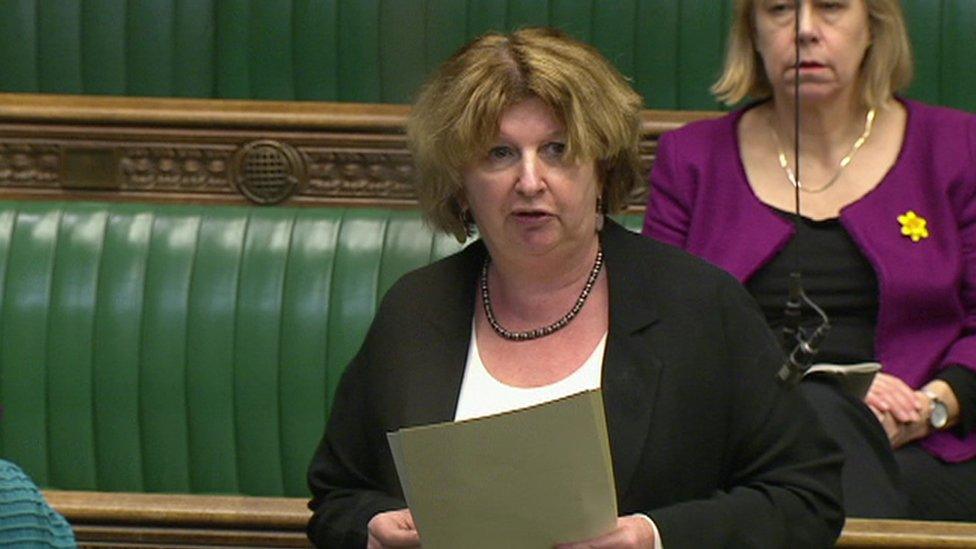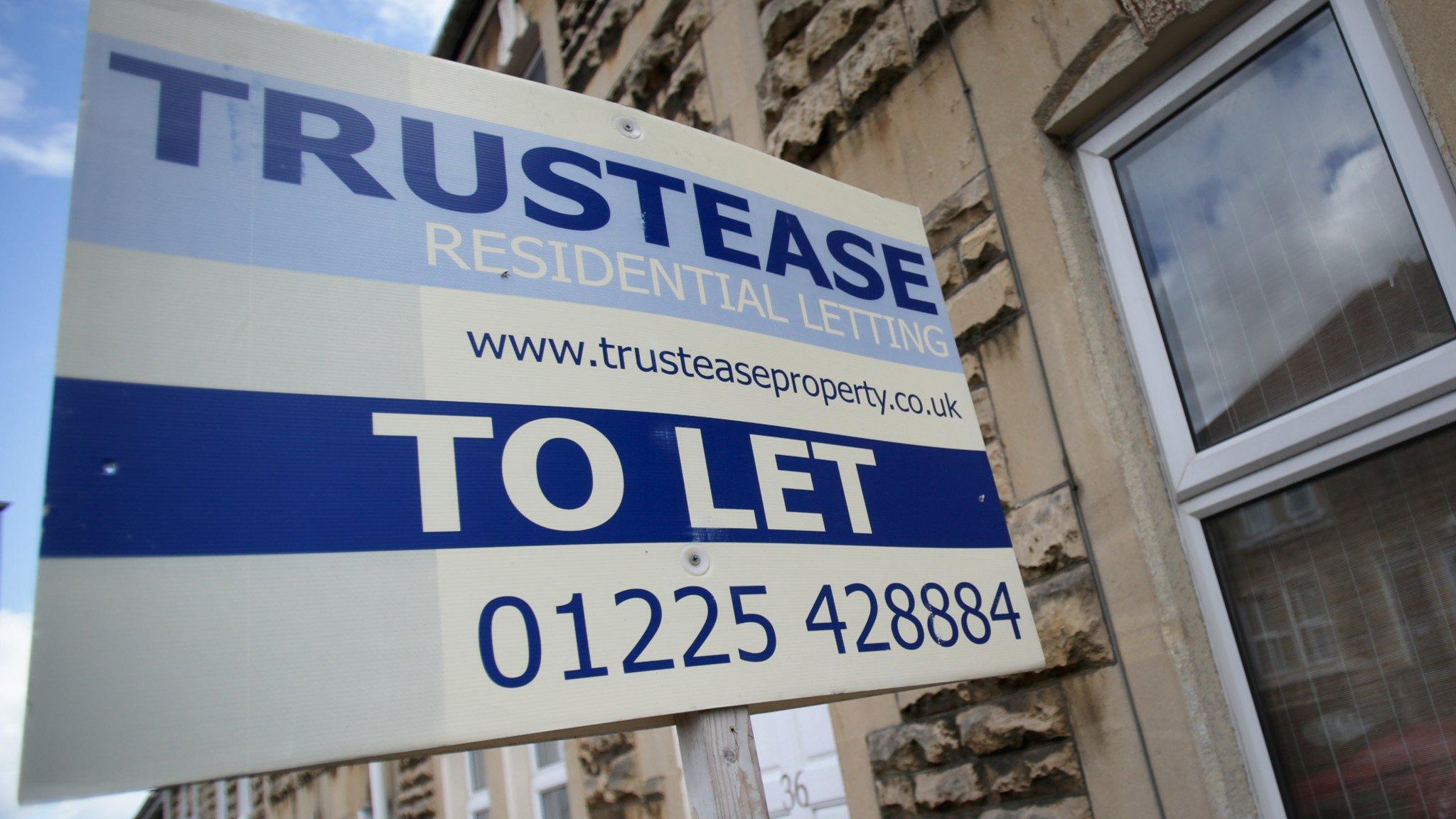MP warns of housing strain caused by holiday lets
- Published

Illegal sub-letters and property magnates are taking advantage of Airbnb and similar-style sites to rake in tax-free cash, an MP says.
Labour's Karen Buck said renting out properties for short holiday lets can produce up to three times the income of more traditional flat rentals.
Growth in the industry is also contributing to a loss of residential accommodation, she told the Commons.
She wants the 90-day limit for renting out homes each year to be enforced.
Ms Buck says the sharing phenomenon is putting a strain on housing stock, neighbours and cash-strapped councils that are having to deal with anti-social behaviour arising from noise and waste issues, over-crowding and a whole range of other forms of disturbance.
Since 2015, numbers of short-term lets have risen by 126% in London, with Edinburgh, Manchester, Brighton and Bristol following the trend, she said.
While most people renting out their homes are aware of their legal responsibilities, are considerate of neighbours, and are simply doing it to "earn a bit of extra cash" - there are the "irresponsible ones - illegal sub-letters, and an increasingly significant commercial operation, seeking to take advantage of potentially higher yields," she warned.
Short lets can bring in up to three times the income of more traditional flat rentals. According to Westminster Council a two-bed flat can earn £1,800 a week, compared with £620 for a short hold tenancy, she said.
"The potential to earn more from short lets is a key selling point on some of the sites."

Karen Buck says scarce council resources have been dedicated to dealing with the downsides of holiday lettings
Ms Buck said one constituent, whose neighbour rents out their flat on a short term let breaching insurance and lease, told her: "I really hate the idea of our house turning into a hotel, our front door key in a stranger's hand.,"
Outlining her ten minute rule bill, Ms Buck said: "While I welcome the freedom for homeowners to let their properties for such purposes without excessive bureaucratic interference, it is difficult and expensive for cash-strapped councils to police the rules."
Proving a property is let for more than three months in a year is labour intensive, expensive, and cumbersome for enforcement officers, she said.
Ms Buck went on: "What I believe is now necessary and what this short Bill aims to do is to introduce a light-touch online notification system that is mandatory for homeowners to complete, merely confirming the dates their property is to be used for short-letting.
"It is not asking permission, it is merely allowing local authorities to know where short and holiday lets are taking place so they are able to effectively enforce.
"By all means encourage people to make good use of their homes and extra cash but let's make sure this doesn't intensify the housing crisis, land costs on others while sharing none of the rewards, and inflict misery on long-term residents who, to their shock, can find themselves waking up in a hotel annexe but after all the hotel caretakers have gone home."
Ms Buck was allowed to bring in the Short and Holiday Let Accommodation (Notification of Local Authorities) Bill, which has cross-party support, and asked for it to be given a second reading on 24 March. However, it is unlikely to become law without backing from the government.
- Published1 December 2016

- Published2 September 2016
